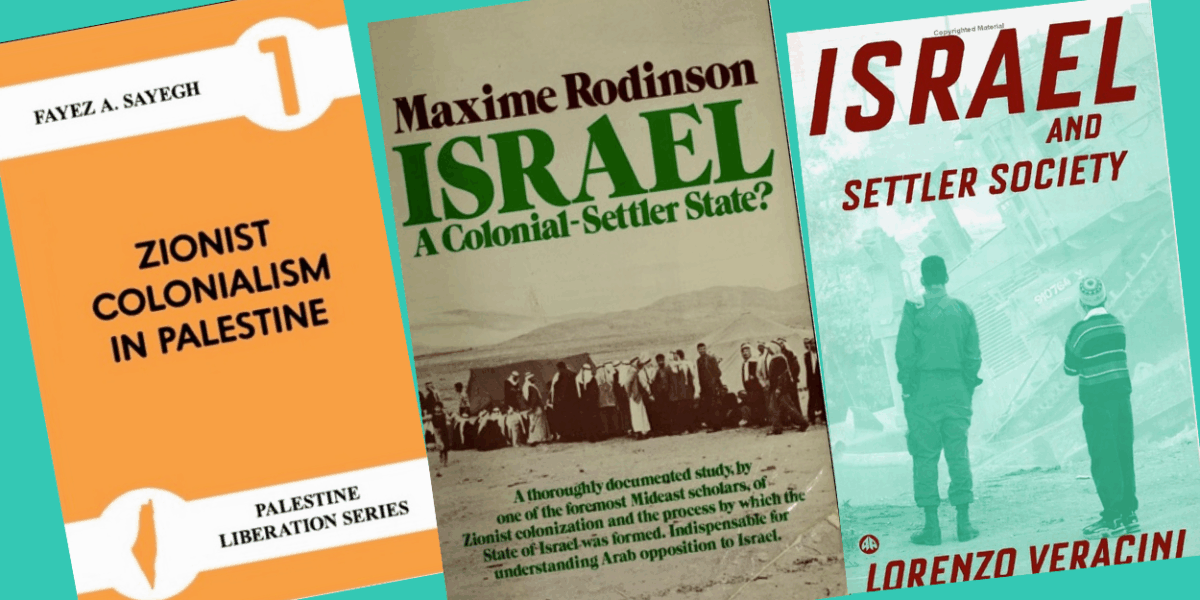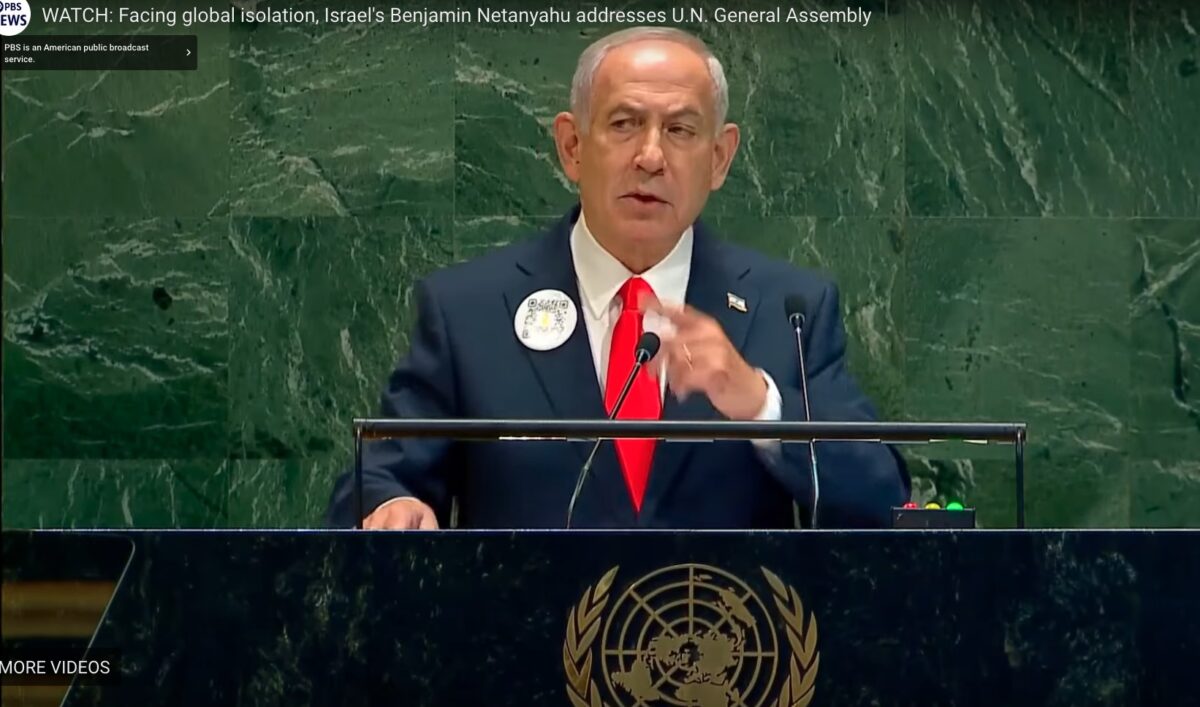It’s been a long time since I read either Fayez Sayegh’s seminal Zionist Colonialism in Palestine (1965) or Maxime Rodinson’s Israel: A Colonial-Settler State? (1973.) In the intervening decades, a lot has happened…
Sayegh was one of the intellectual fathers of the famous “Zionism is Racism” resolution that UN General Assembly adopted in 1975, and rescinded, under super-heavy American pressure, 16 years later. He died in 1980…
Rodinson was a brilliant French Marxist and an early and vocal supporter of Palestinian rights. (His use of the question-mark in his book’s title I emulated in my 2004 book Amnesty After Atrocity?; in both cases, it was a way of indicating that we had heard and engaged with the arguments of the critics of our main thesis.) Rodinson died in 2004…
Other things that have happened since I read those two books were:
Continue reading “Zionism (& other settler colonialisms) in world-historical perspective”

